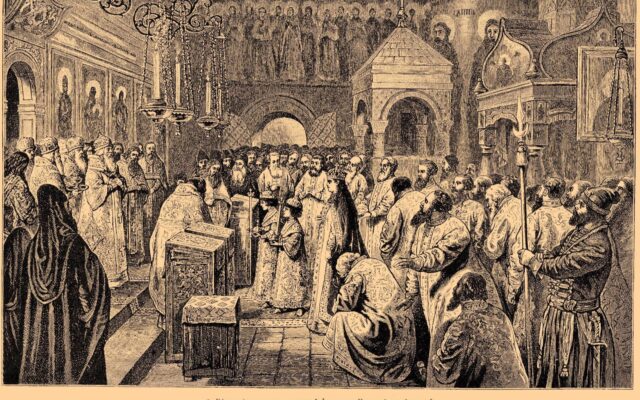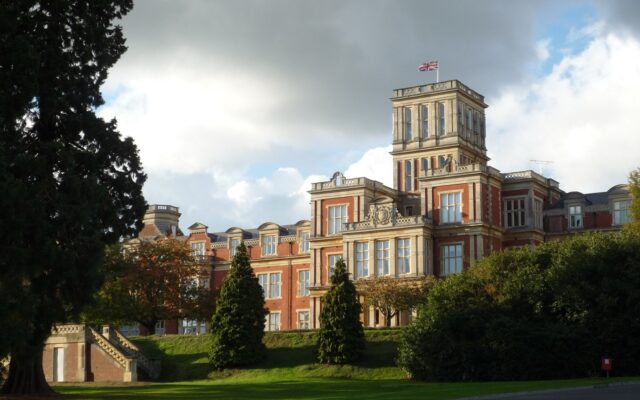Rathbone in Manchester* have joined the four London charities – The Elfrida Society, Elfrida Rathbone, The Rathbone Society (Lambeth) and Generate (Tooting) – to mark the Elfrida Centenary. The four London charities all work with young people and adults with learning disabilities. Rathebone Manchester works with young people in education and vocational training across the UK.
It’s interesting how the different arms of Elfrida’s early work – learning disabilities and education – have influenced the origins and development of the different charities’ work.
The Rathbones were a Liverpool family of non-conformist merchants and ship-owners engaged in philanthropy and public service. Those values have clearly been passed on through the generations. In the last issue (Legacy of a remarkable woman, p. 5) I described the work of Elfrida Rathbone and her cousin Lilian Gregg in pioneering education for children deemed ‘ineducable’.
A Liverpool cousin, Eleanor Rathbone, was one of the first women magistrates and in 1929 became an independent MP. She campaigned for social and political reforms in housing, votes for women and for family allowances to be paid directly to mothers.
Despite hard times these charities remain vital and committed to their values. They are keeping their high ambitions for their beneficiaries. Like Elfrida they are inclusive and create opportunities which make the difference to people’s lives.
The charities’ plans are currently focused on the theme of inclusion to which they are all committed. They will work with their beneficiaries to develop this year’s AGM activities in her name. Funding is being sought to create a lasting heritage archive to celebrate Elfrida’s work.
On 2 November the four London charities and their Manchester member, with their members, will be celebrating Elfrida’s heritage at the House of Lords. The event will be sponsored by Baroness Hollins.
* www.rathboneuk.org/Pages/home.aspx
Rosemary Trustam





